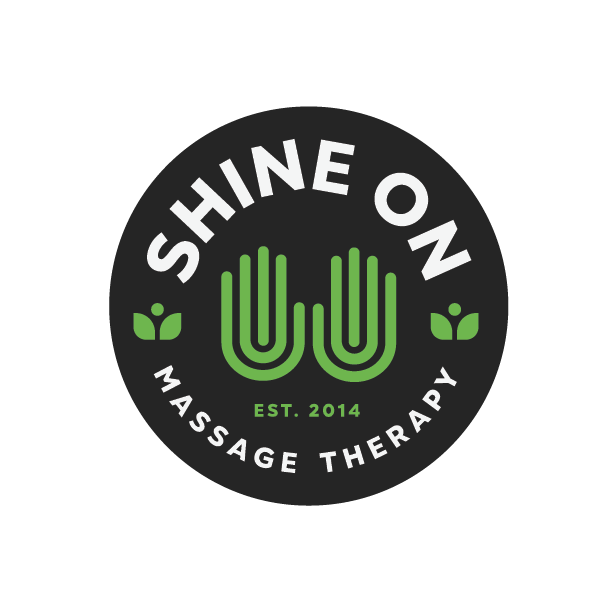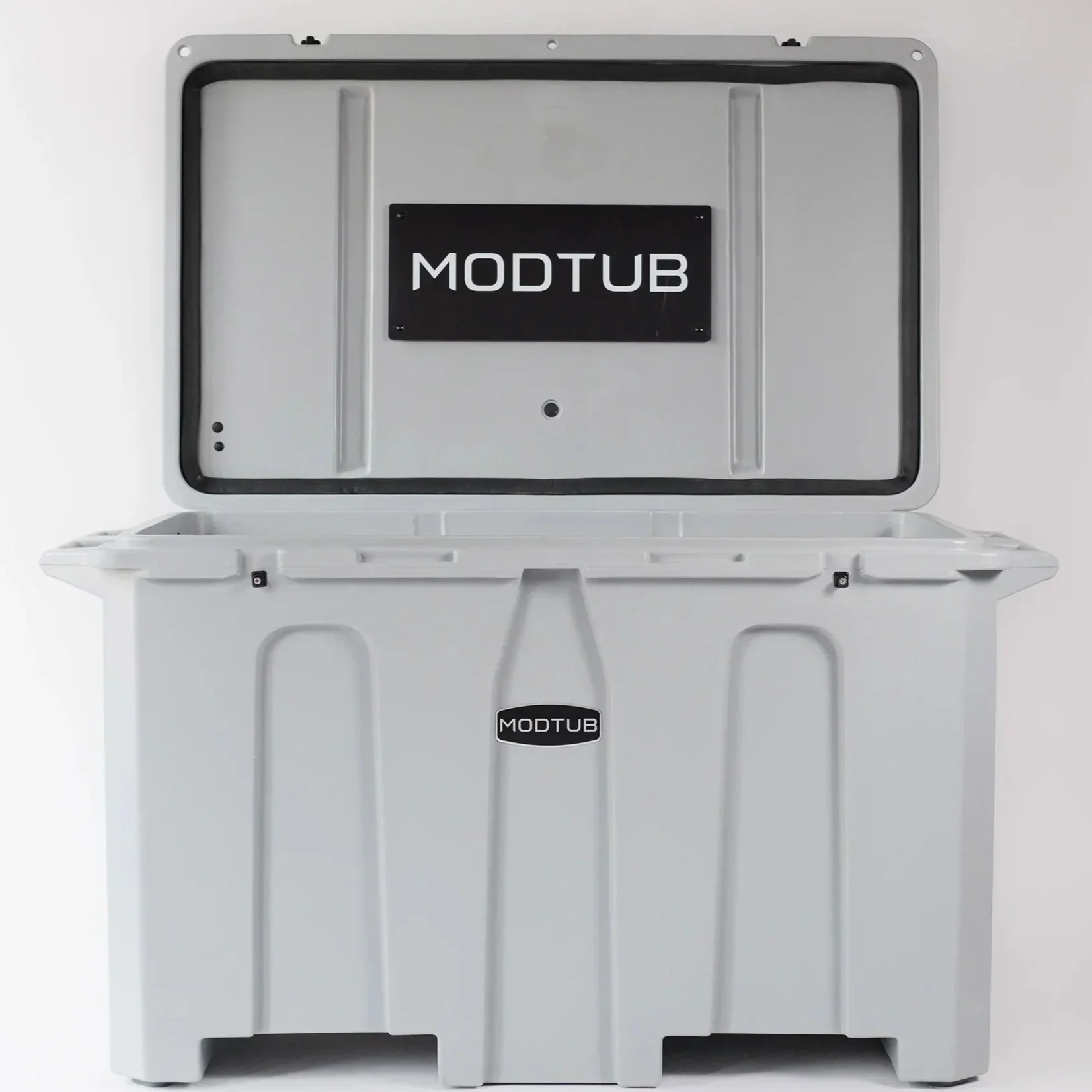
SHINING ON
Hot vs. Cold: Why Both Have Benefits for Your Body
At the Detox Den, we’re all about helping your body reset, recharge, and feel its best. Two of our favorite tools for that are sauna heat and the cold plunge. Each one does something different for your body, and when you combine them, the results can be even better. Let’s break it down.
-
When you step into the sauna, the heat works wonders:
Relaxes your muscles – warmth helps release tension and stiffness.
Boosts circulation – your heart rate increases, moving fresh blood and oxygen throughout your body.
Sweat = detox – your body naturally pushes out built-up waste through your skin.
Stress relief – the heat calms your nervous system, leaving you relaxed.
-
Taking the plunge might feel shocking at first, but the benefits are worth it:
Reduces inflammation – cold water calms sore muscles and joints.
Speeds recovery – athletes use it to bounce back quicker after workouts.
Wakes up your body – the cold gives you a natural energy boost.
Boosts immunity – some studies suggest cold exposure can strengthen your defenses.
-
Now, here’s where it gets exciting — when you switch between hot and cold, your body gets a whole new level of benefits:
Circulation boost – the hot makes your blood vessels expand, the cold makes them contract. Going back and forth pumps your blood like a workout for your circulatory system.
Faster recovery – muscles and joints recover more quickly from the alternating temps.
Mental clarity – the contrast sharpens your focus and leaves you feeling energized but calm.
Stress reset – the combination helps balance your nervous system, which can improve sleep and overall well-being.
-
Traditional saunas heat the air around you, which then warms your body. Infrared saunas work differently — they use light waves to heat your body directly, from the inside out.
That difference matters because:
Deeper penetration – infrared warms your muscles and joints more directly.
Lower temperature, same benefits – since your body absorbs the heat, the air doesn’t need to be as hot, making it easier to stay in longer.
Extra detox support – the deeper heat encourages a stronger sweat, which helps your body flush out waste.
Gentle but powerful – it feels less overwhelming than a super-hot traditional sauna, but you still get all the benefits (and more).
-
Everyone’s body is different, so listen to how you feel — but here are some general guidelines:
Sauna (Infrared or Traditional):
Most people stay 15–30 minutes. With infrared, you might feel comfortable staying in a little longer since it’s a gentler heat.Cold Plunge:
Start small — even 1–2 minutes is great when you’re new. As you get used to it, aim for 2–5 minutes.Switching Between Them:
A common flow is 15 minutes sauna → 2–3 minutes plunge → repeat if desired. Even one round leaves you feeling amazing.
Quick Note: What Are Light Waves?
When we say “light waves,” we’re just talking about forms of energy that travel in waves — like sunlight. Some kinds of light we can see (like colors of the rainbow), and some we can’t see. Infrared light is invisible to the eye, but you can feel it as heat.
That’s why an infrared sauna feels warm without needing the air to get super hot — the invisible light waves gently warm your body directly.
Self-care should never be an afterthought. Explore our memberships, join the Den family, and give yourself the gift of feeling balanced, refreshed, and renewed — every single month!
Our New Massage Studio, Daggers Deep Tissue & Sports Massage!
Shine On is proud to announce that she now has a big brother! So many of our clients have expressed to us how much they love that we offer deep tissue massage incorporated with Sports Massage. We listened. Daggers is your new one-stop-shop for sports recovery.
One very happy client!
It is like walking into a warm and cozy, Colorado resort style lounge transformed into your own personal healing space. We now have Normatec Leg Compressors which are proven to help your blood circulation, reduce soreness, and almost cut your leg recovery time in half! Check out our new studio at daggersmassage.com and book your first session today! Mention that you read this blog and receive $10 off your first visit!
Normatec Leg Compression!
We Are Open!
Shine On is beyond excited to announce that we are OPEN! After almost three months of being forced to shut down, we started to really miss our clients and the rewarding feeling of easing their pain. We are at half capacity so schedule space is much more limited than before.
We are continuing to spend 20 minutes sanitizing and wiping down every surface after each service. We ask anyone experiencing any flu-like symptoms to please not book at this time (Even if it is just allergies).
We are now taking credit card information upon booking. This new feature does not charge you and you will not have to pay until after your service is complete. The reason for this is to limit the spread of germs and to protect our staff if a client is to cancel outside the 24 hour window or no-call-no-show. If you decide to cancel and do not do so within 24 hours of booking your appointment, you will be charged for 50% of whichever service you chose. Wow! That sounded harsh! At Shine On, we understand that cancellation policies can sound a little harsh but we plan our day around these appointments and in these difficult times, our schedule space is extremely valuable to us.
We hope everyone is being safe and we can not wait to see all of our wonderful clients again! Shine On through this, you crazy diamonds!
Yoga Studio Coming Next Week!
Shine On is thrilled to update everyone on our new Yoga Studio! We will have private sessions, couples sessions, and group sessions! Be on the lookout for our announcement on our soft opening of the new Studio! Shine On!
Hatha Yoga is Coming to Shine On Soon!!!
Hatha yoga has been around for thousands and thousands of years. Some believe the tradition to be 5000 years old while others think it dates back as many as 10,000 years. This disparity in time is due to the fact that when Yoga was first practiced there was no written word, no paper, no way of transmission other than the spoken word. So there’s no way to know for sure how ancient this practice is. What we do know is hatha yoga is a total life philosophy incorporating how we relate to the world, to ourselves and how to attain inner peace.
In the yoga sutras, (196 sutras or aphorisms written in Sanskrit around 400 A.D.) Patanjali describes hatha yoga as consisting of eight limbs or disciplines. This is known as the eight fold path. (More on this later!)
Two well known schools of yoga were derived directly from these sutras and today’s modern styles including ashtanga, Iyengar, anusara, yin, power, vinyasa, restorative, Jivamukti, kundalini moksha, Bikram, etc. all originated from these schools.
So in essence hatha yoga is the mother of modern day Yoga as we have come to know it. With this deep history and broad definition there is a massive variation of what can be offered in a hatha class. But generally it embodies this eight fold path and incorporates relatively slow paced, deliberate asanas (postures),pranayama(breathwork)and meditation.
In my classes I like to stay true to the roots of yoga to allow the holistic embodiment of it’s philosophy. I also like to incorporate some anusara and alignment based modifications using belts,blocks,and bolsters. This makes yoga accessible to everyone and helps beginners and people with injuries or chronic conditions get into correct alignment, bringing awareness to their bodies and breath, and calm their minds.
Meet Our Newest Therapist, Starr!
Starr Porter LMBT, thrives on helping people relax, feel better, and to create balance within
their bodies and lives. Using a holistic approach, she has been assisting clients reach their
health and healing goals since 2016. Starr is a Yoga Alliance Registered Yoga Teacher
specializing in alignment based Hatha yoga as well as Pranic and Chakra energy techniques.
Whether you desire an indulgent massage for deep relaxation or require bodywork for chronic
conditions, injuries, or traumas, Starr incorporates various modalities customized for each
client’s specific needs. She is experienced in Therapeutic, Myofascial Release, Swedish,
Neuromuscular Therapy, Hot Stone, and Deep Tissue techniques. Shine on with Starr today!
Buy 2, Get One for $20!!
Now until July 4th, Shine On will be running a Buy 2 , One Hour Massages, Get One for $20! This is a $240 value we are letting go for $180! Give your muscles the Freedom they deserve this Independence Day! This deal will not be back until Christmas time so get them while they last! Shine On!
We Were Nominated!
Shine On would just like to thank everyone who voted for us this year for Encore Magazine’s Best Of 2019!! Being nominated alone is a win for us! We can not express how much this means to us! Thank you Wilmington!
Is Your Purse Causing You Pain?
is your bag causing you pain?
learn how massage can help
Carrying a bag on the shoulder causes contraction and overuse of the muscles, usually in the trapezius. The depression of the opposite shoulder causes curvature in the mid spine. Along with the spinal misalignment, the consistent contraction causes a major distortion in ones posture.
Massage therapy helps relax the overworked muscles and by breaking up the knots, realigning, muscularly, the shoulders, neck and back.
In between massage sessions, here are somethings one can do to decrease the tension:
clean out your bag regularly to decrease the weight
ditch the bag from time to time
choose a bag with two straps, like a bookbag, to evenly distribute the weight.
switch to a messenger bag or a bag with wider straps
alternate shoulders
Call Shine On Massage to re-align that posture!
910.508.9383
Valentine's Day Specials! Deals So Sweet, You'll Love Them!
There’s only one week away from Valentines Day!
Do you have a special gift for your loved one yet?
Here are some deals that are so sweet, you’ll <3 them!
60 min. Shine On Massage
3 for $180
90 min. Shine On Massage
3 for $270
60 min. Couples Massage
3 for $390
90 min. Couples Massage
3 for $550
Book your massage in advance and receive complimentary
bubbly, roses & sweets
2/12 - 2/16











